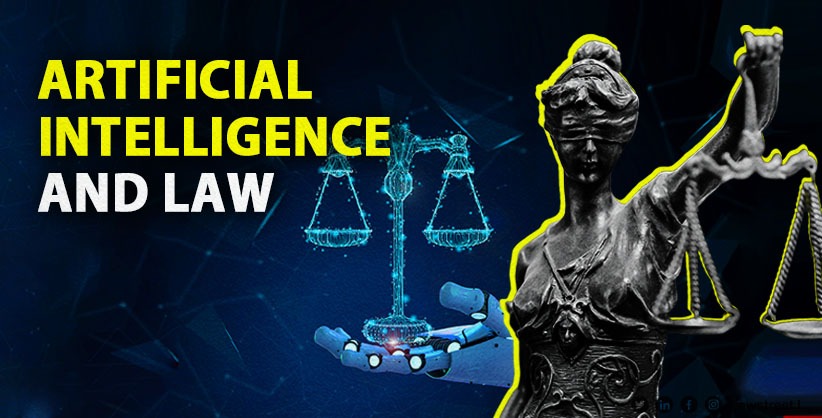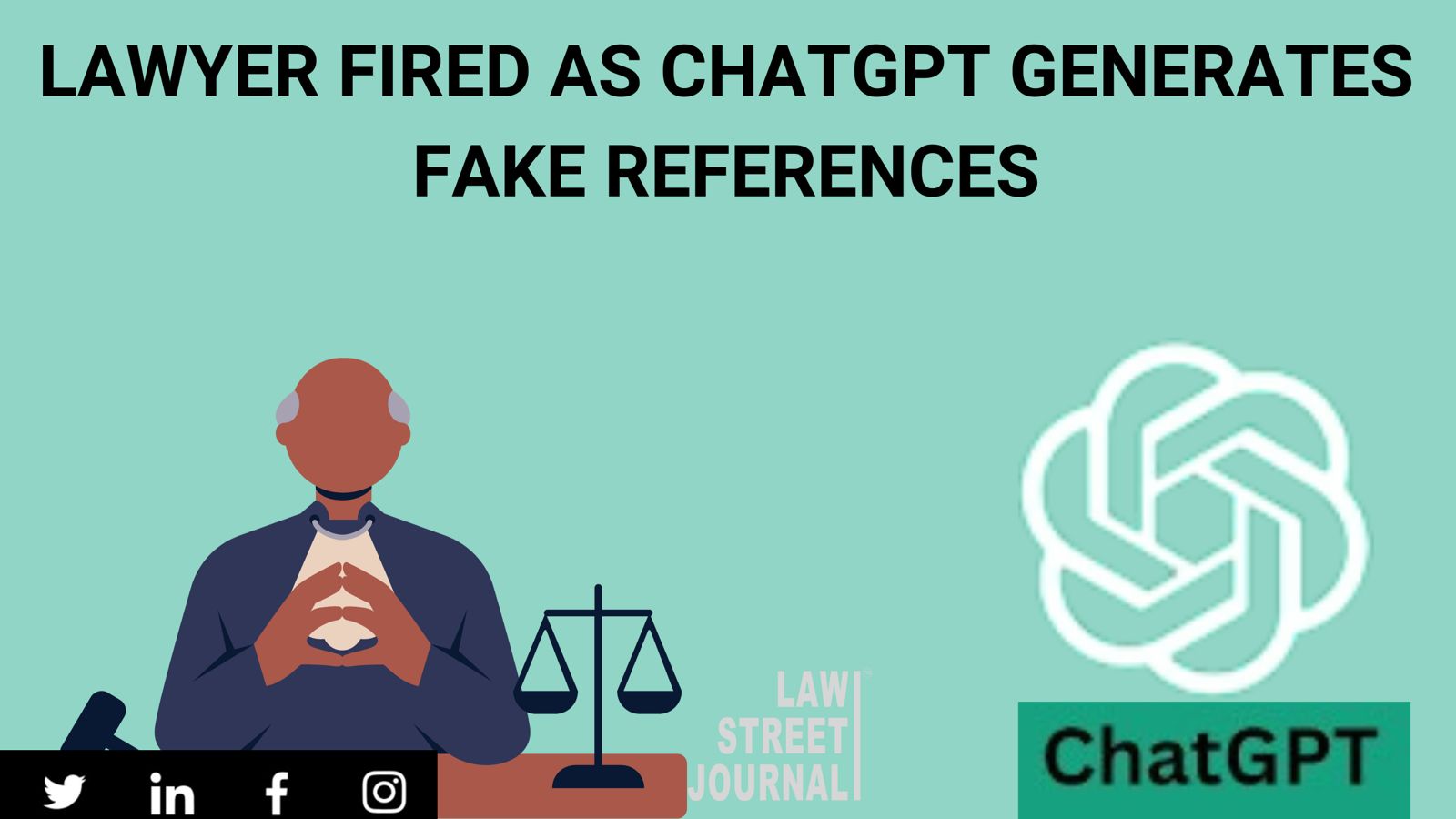In the digital age, no industry remains untouched by the unprecedented advancements in Artificial Intelligence (AI). One such sector experiencing a profound metamorphosis under the influence of AI is the legal profession. This comprehensive exploration aims to shed light on the ways AI is revolutionizing the legal arena and the subsequent regulatory challenges that emerge in its wake.
The AI Effect on Legal Practice
The infusion of AI into the legal sector has given birth to a myriad of tools and technologies, fundamentally altering the way legal professionals operate. Below are key areas where AI is making its presence known:
Streamlining Legal Research and DiscoveryAI has breathed new life into legal research and discovery. Traditional methodologies, often seen as convoluted and time-consuming, required combing through copious amounts of legal texts, case laws, and other pertinent documents. AI-enabled tools, however, possess the capacity to analyze this vast information at lightning speed, thereby slashing the time required for these tasks.
Revolutionizing Document Review and Contract Analysis
The role of AI extends to document review and contract analysis, where AI-driven algorithms can scrutinize documents and contracts in a fraction of the time taken by a human. These algorithms are capable of pinpointing key information, potential roadblocks, and even providing invaluable recommendations. The result is not only a boost in efficiency but also a significant reduction in human error risk.
Delving into Predictive Analysis
The power of AI in offering predictive analysis cannot be understated. By forecasting the outcomes of legal cases based on historical data, it equips lawyers with strategic insights to make informed decisions.
The Advent of Legal Chatbots
The rise of AI-powered legal chatbots has paved the way for swift, comprehensible legal advice. Utilizing natural language processing, these chatbots can effectively understand and respond to user queries.
While AI's integration into legal practice reaps considerable benefits, it also instigates potential regulatory challenges.
Regulatory Challenges in the AI Era Navigating Ethical Concerns
AI's role in the legal field brings to the forefront a series of ethical dilemmas. Who bears responsibility if an AI errs in its analysis or prediction? Can AI truly substitute the judgment and intuition of a seasoned attorney? Current ethical guidelines in the profession grapple to answer these questions comprehensively.
Privacy and Data Protection
Given AI's ability to process an immense amount of data, privacy and data protection have become paramount concerns. It's essential that the legal profession ensures AI tools adhere to privacy laws, such as Europe's General Data Protection Regulation (GDPR), and handle client data ethically and responsibly.
Transparency and Explainability
AI's decision-making processes, particularly in machine learning models, are often complex and not easily understandable, leading to the infamous "black box" problem. In a field where decisions need explicit explanation, this lack of transparency can pose a significant problem.
Legislation and Regulation
There currently exists a void in legislation or regulation specifically addressing the use of AI in the legal sector. The challenge lies in equipping lawmakers and regulators with a comprehensive understanding of rapidly evolving AI technologies to ensure they are deployed responsibly and ethically.
Conclusion
AI's influence on the legal profession is undeniable, providing numerous opportunities to enhance efficiency and effectiveness. However, it also ushers in new challenges and potential regulatory issues. As the legal sector continues to integrate AI, these challenges must be faced head-on, leading to the development of comprehensive regulatory frameworks that ensure the ethical and responsible use of these potent technologies. This transformation is not only exciting but also demands adaptation to stay relevant in the AI-driven era.














